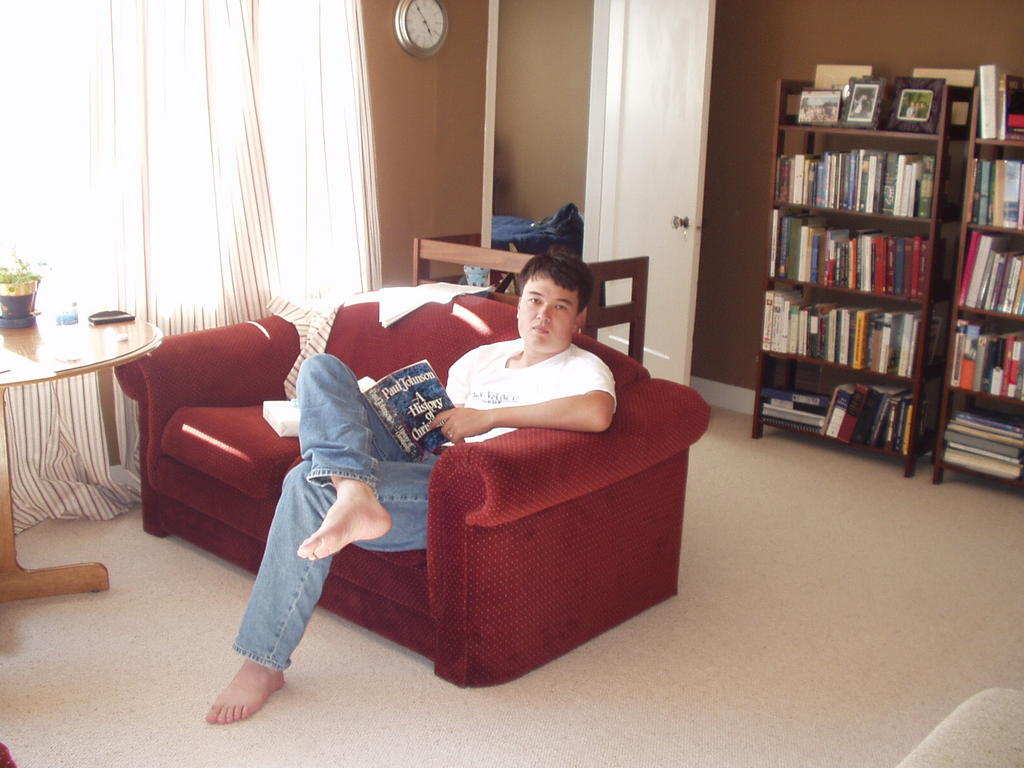(From a paper I wrote on the transition from "existential to eschatological" in TS Eliot's poetry):
The view of the “self” for Eliot is closely tied with one’s view of history and time. When poetic characters reflect on the significance and meaning of history, they disclose their personal understanding of their relationship to time. The early poetry of Eliot treated history as something to be neglected, or as a troublesome conundrum. Prufrock did not explicitly wrestle with the issue of “history,” but his memory is short, and he is seemingly too distracted to reflect on it in any sort of meaningful way. “History” for him is too grand of a concern to engage. Gerontion’s description of history, as we recall, was more thoughtful: “history has many cunning passages, contrived corridors/and issues, deceives with whispering ambitions, guides us by vanities.” For him, history exercised an invisible influence on the present, such that individuals were left all but helpless in light of “her (history’s) supple confusions.” The only proper response to history was one of defeat. In “Ash Wednesday,” the reality of history can never be fully understood, as the present is the only “actuality:”
Because I know that time is always time
And place is always and only place
And what is actual is actual only for one time
And only for one place
I rejoice that things are as they are…
(Eliot 85)
The saint’s perspective is directed toward eternity, and thus the transience of life is a necessary contrast to the reward in the future. ‘Little Gidding’ introduces the most unified view of history in Eliot’s poetry, emphasizing the immanence of the past on the present, by suggesting that “history is a pattern of timeless moments.” The concept of “timeless moments” implies the significance of every moment in history, but more importantly signifies the divine presence in transient reality. Individuals participating in spiritual things experience “transcendence” over time. Thus, the moment of belief, of prayer, is the ultimate “timeless moment.” Following from an affirmation of both time and eternity, ‘Little Gidding’ provides a view of the promised future that is hopeful, giving us the sense that the present moment is not the end of the matter.
We shall not cease from exploration
And the end of all our exploring
Will be to arrive where we started
And know the place for the first time.
(Eliot 208)
Saturday, June 30, 2007
Subscribe to:
Post Comments (Atom)


No comments:
Post a Comment